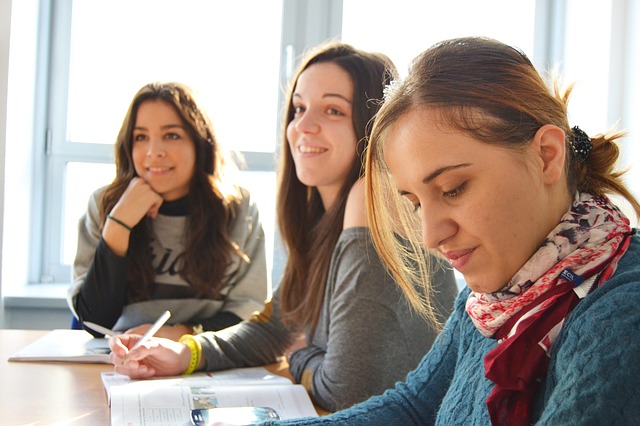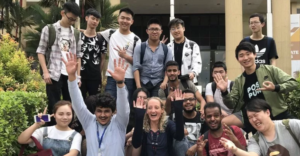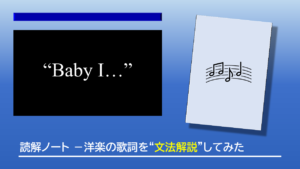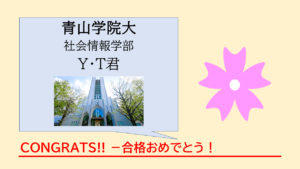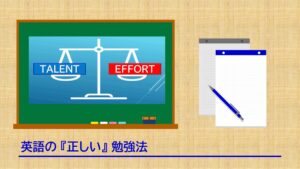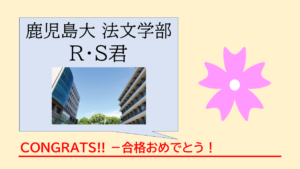中3で英検2級,高1で英検準1級に合格し,現在は高校を休学してカナダに留学中の卒塾生・さくらさん。森君,下村君に続く現段階でのGCA3大卒塾生のラストです。定期的に留学レポートを送ってくれることになりました。
もうこんなに立派な英語の文章を書けるようになったんですね。教室では誰よりも大きな声で,しかも心から楽しんで音読練習をしていた姿が懐かしく思い出されます。
さくらさんにとっては,音読はハードな練習というより,カラオケ的な楽しい活動だったようです。
英語教育界の泰斗・近江誠先生も,音読練習は”苦行”ではなく”カタルシス(精神的快感)”でなければならないと主張されています。さくらさんだけでなく生徒さん全員に「音読は楽しい」と感じてもらえるよう,今後もさらに指導法を工夫していきます。
Sakura’s Letter from Canada (1)
It has already been a month since I came here. I am staying in a beautiful place: Vancouver Island, which is located just off the western coast of Canada, in the Lower Mainland region of British Columbia. We can see lush forests, an abundance of driftwood, and wild birds such as eagles everywhere. Fortunately, I am having a good time studying here. I will report on three aspects of my life in Canada: school, homestay, and my future perspective.
◆School
Schools in Canada start in September, about half a year later than in Japan. Since I have already finished grade 10, I do not have to get credits for these extra few months. Now it is a trial period for me, and all I need to do is learn the system and get used to the lifestyle here, so that I will be able to do better in the next school year. Unlike schools in Japan, students move from one classroom to another, which enables each of them to pursue their passions and learn the skills they want. Besides academic classes, there are various kinds of elective classes here, such as acting, photography, and metal shop. Students take only four classes at a time and have them every day. They are 75 minutes each, which makes choosing classes difficult.
The atmosphere at school is still surprising for me. Students wear whatever they feel comfortable in. Some girls show their belly buttons, and some boys wear tank tops in class. I often see piercings, dyed hair, and even tattoos. Additionally, students sometimes eat in class and use their phones. This liberal mood may have pros and cons, but I think it helps students’ independence, giving them opportunities to make decisions by themselves, based on their values.
◆Homestay
There are about 100 international students―mainly from Europe, Asia, and Mexico―in my school, and some students have had horrible experiences with their host families. For example, their host families might not participate in outings, they might not provide enough healthy meals, making students pay for school lunches in the cafeteria, and they might have students take the bus all the time, which takes a lot of money and time. On the other hand, I feel comfortable with my host family. They value conversation, and we talk while driving to school, watching TV, and doing puzzles, which gives me peace of mind. According to my host mother, to be kept busy is the best medicine for homesickness. They know how to balance working and relaxing, and I feel like time flows slower here. Additionally, the environment of the neighborhood is awesome. I can see mountains, forests, and the sea from my window. It looks like a scene from a picture book, but I can actually go out there for a walk. Knowing the two lifestyles of Japan and Canada, I can think of how to live in the future.
◆Future Perspective
Here in Canada, students need 30 hours of work experience, such as volunteering and part time jobs, to graduate. If they work more, it will be an advantage for them when they apply to a university or try to get a scholarship. Some students will find jobs by themselves and make their work experience a good opportunity to think of their future job. In this environment, becoming a part of society seems to be more real than ever. But I do not feel so nervous because I think teachers will be helpful as long as I show my interest. For instance, at first I was worried if I could manage like local students, so I went to an office for work experience and asked for information. A teacher there explained to me about the system, providing some examples, and now she is looking for a volunteer job at a museum for me, which would meet my interest. I learned the importance of communication and asking many questions.
I think talking with friends is also crucial. Some of the international students will graduate and go to universities here as I will do. I talked with some older students. One of them, who is a Chinese girl, came here two years ago in the hopes of studying science and mathematics, but in the freedom of this environment, she came to be attracted to social studies. She is graduating this June and going to the University of British Columbia, which is one of the best universities in Canada, to study geography. Her story gave me hope that even though English is my second language, where there is a will, there is a way.
Staying here, I get many opportunities to make decisions every day, and I am finding it difficult to do it by myself. For example, my host mother asks me what I want for dinner, and I hold my tongue. It is funny that I still feel anxious over whether I am replying with an “appropriate” answer, even if it is just about supper! However, I am sure that it will be a good way to prepare for making big decisions. Although I can ask teachers and friends for help, choosing classes for September is still hard. To make good decisions, I need to get to know myself better and consider my future, and here I can afford to do that. I thank my parents, relatives, and teachers for giving me this wonderful chance.


